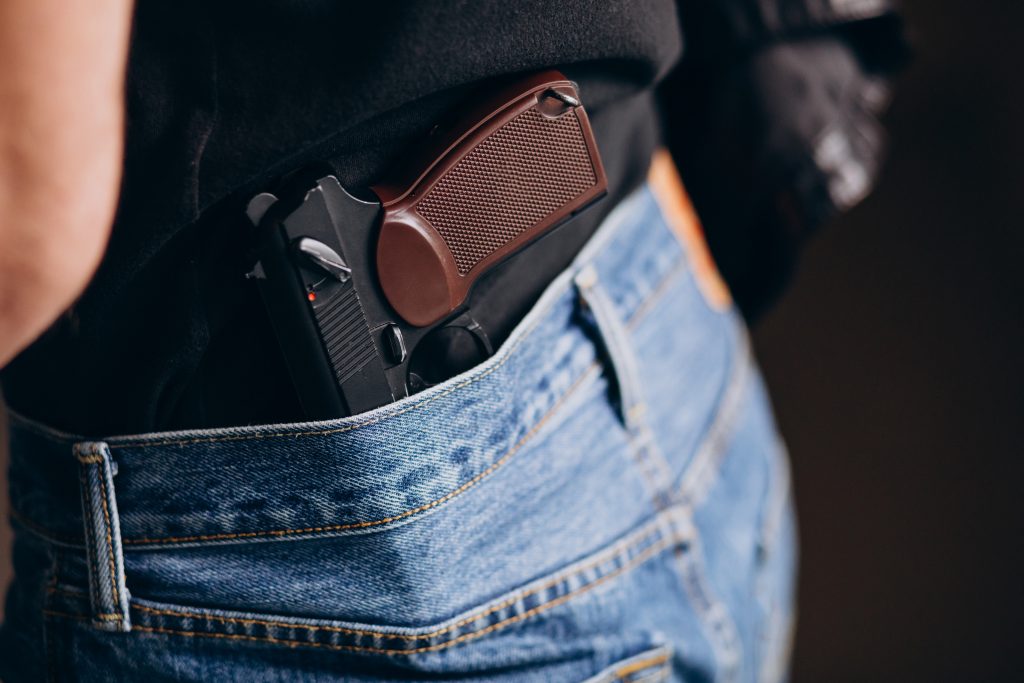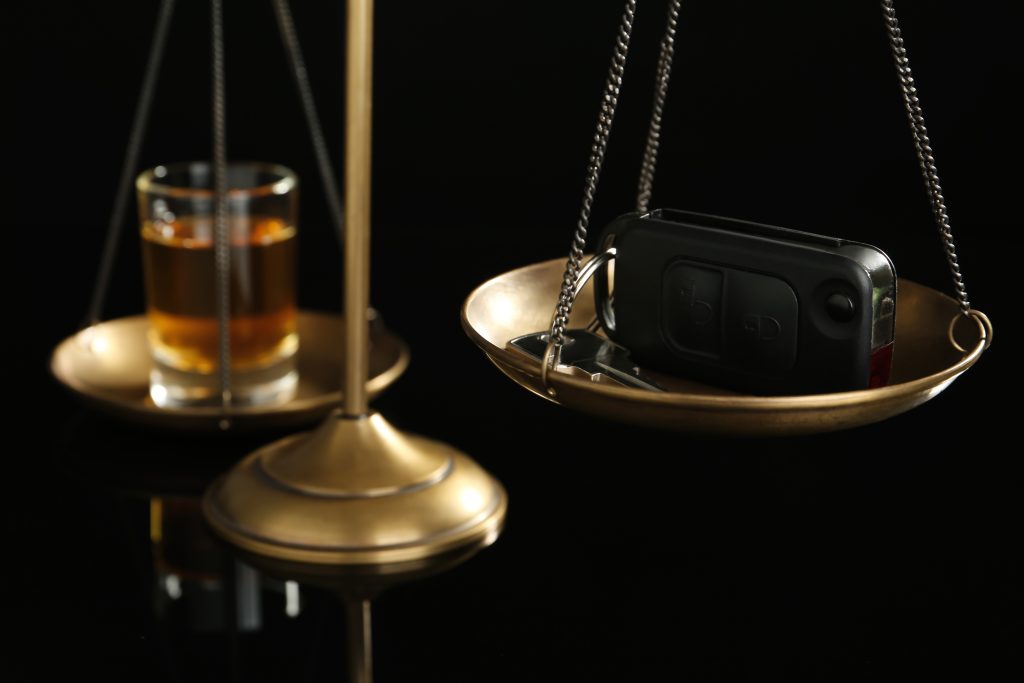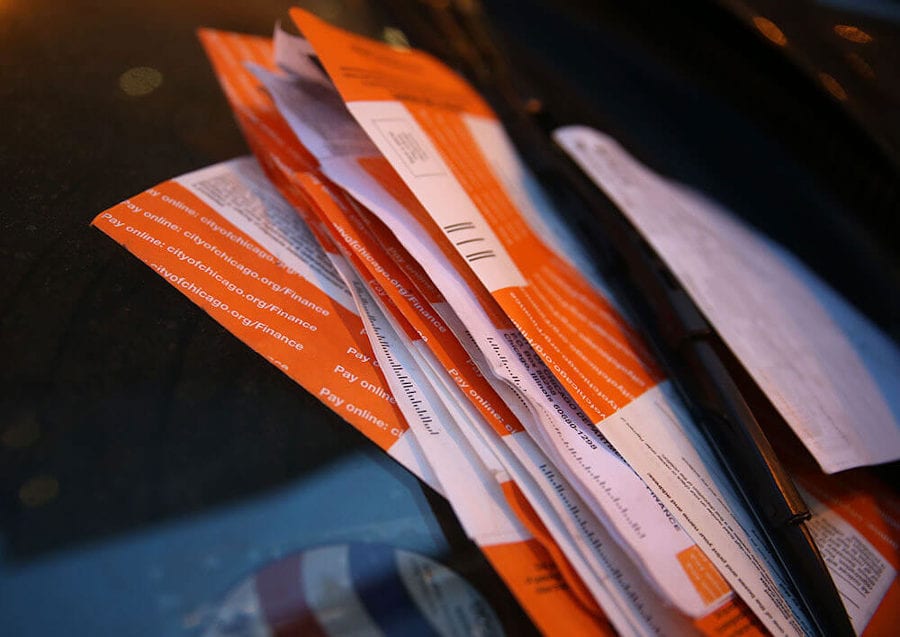If you are pulled over while your driver’s license is suspended or revoked, you will likely be arrested and charged with a criminal offense.
Most Driving While License Suspended or Revoked offenses (DWLS) are charged as a Class “A” Misdemeanor. The maximum penalty is up to a year in jail and a $2,500 fine. However, if there are aggravating factors, it may be charged as a felony.
In either case, the prosecution has to prove two main things: (1) that you were driving or in control of the vehicle; and (2) that your driver’s license was suspended or revoked at the time.
This usually leads clients to ask, “Do I have any defenses that can help my case?”
The answer to this question is dependent upon the exact facts and circumstances of the traffic stop. Here are three common defenses to Driving While License Suspended or Revoked.
You were not driving or in actual physical control of the vehicle
Under the Illinois Vehicle Code, in order to be found guilty of Driving With A Suspended License, the defendant must be “operating or in actual physical control of a motor vehicle on a public roadway.”
Usually, “actual or physical control” means driving. If the officer pulls you over while you are behind the wheel of the car, it’s probably pretty easy for the prosecution to show you were in actual control of the vehicle.
However, certain situations exist where an officer may not see the individual driving or in actual physical control of the vehicle. Instead, the officer believes that person violated the DWLS law. For example, say you have a flat tire on the side of the road and are outside the vehicle when the officer arrives on scene to assist. If there are multiple people in the car, someone other than the person with the suspended license may have driven the vehicle before he or she got the flat tire. The prosecution may have a difficult time proving the “actual or physical control” element of the offense.
You were not on a public roadway
The second half of the law states that the motor vehicle must be on a “public roadway.” This is any street, highway, or thoroughfare that is not private in nature. For instance, driving a car in an apartment complex parking lot would probably not be considered a “public roadway.” By demonstrating that the operation of the vehicle occurred on what is not considered a public roadway, a charge may be dismissed or a defendant found not guilty at trial.
There was no legal basis for the traffic stop
Finally, one of the more common defenses to Driving With A Suspended or Revoked License is whether there was probable cause to initiate the traffic stop by the police officer in the first place.
What typically happens in these types of cases is that an officer pulls over a car because the driver is speeding, weaving between lanes, or committing some other traffic violation. After the driver is pulled over, the officer learns that the driver’s license is suspended or revoked, and then charges him or her with the DWLS offense.
The United States Constitution prevents “unreasonable searches and seizures” of its citizens. If there is not a valid reason for the basis of the traffic stop, everything after the stop may be “quashed” and “suppressed” by a judge. Since the officer learns that the driver is suspended after the initial traffic stop, the suspended license offense may be thrown out and the case dismissed.
Presenting mitigation on your behalf
Even if none of the above defenses apply to your case, all hope is not lost. An effective traffic defense attorney will also work to mitigate your case. In other words, lessen the severity of the offense. This includes explaining facts that may appear unfavorable and presenting the defendant in the best possible light.
At Driver Defense Team, we often write a letter on behalf of our clients and submit it to the prosecutor or the prosecutor’s supervisor. We may also obtain letters from friends, family, and other community members showing support for the defendant.
Other times, we may be able to have a conference with the judge and prosecutor in private. At this meeting, we would present the mitigation and other good information about our client.
The point is that even when your case may seem to lack a strong legal defense, your attorney still has options and tactics to achieve the best possible outcome for you.
Conclusion
The potential penalties for Driving On A Suspended License are severe and a conviction will further delay your ability to get a valid license. You do not want to try defending the case on your own or just pleading guilty and subjecting yourself to the mercy of the court.
You need a skilled traffic ticket defense attorney on your side. Please feel free to contact our office with any specific issues you have regarding your DWLS charge.



